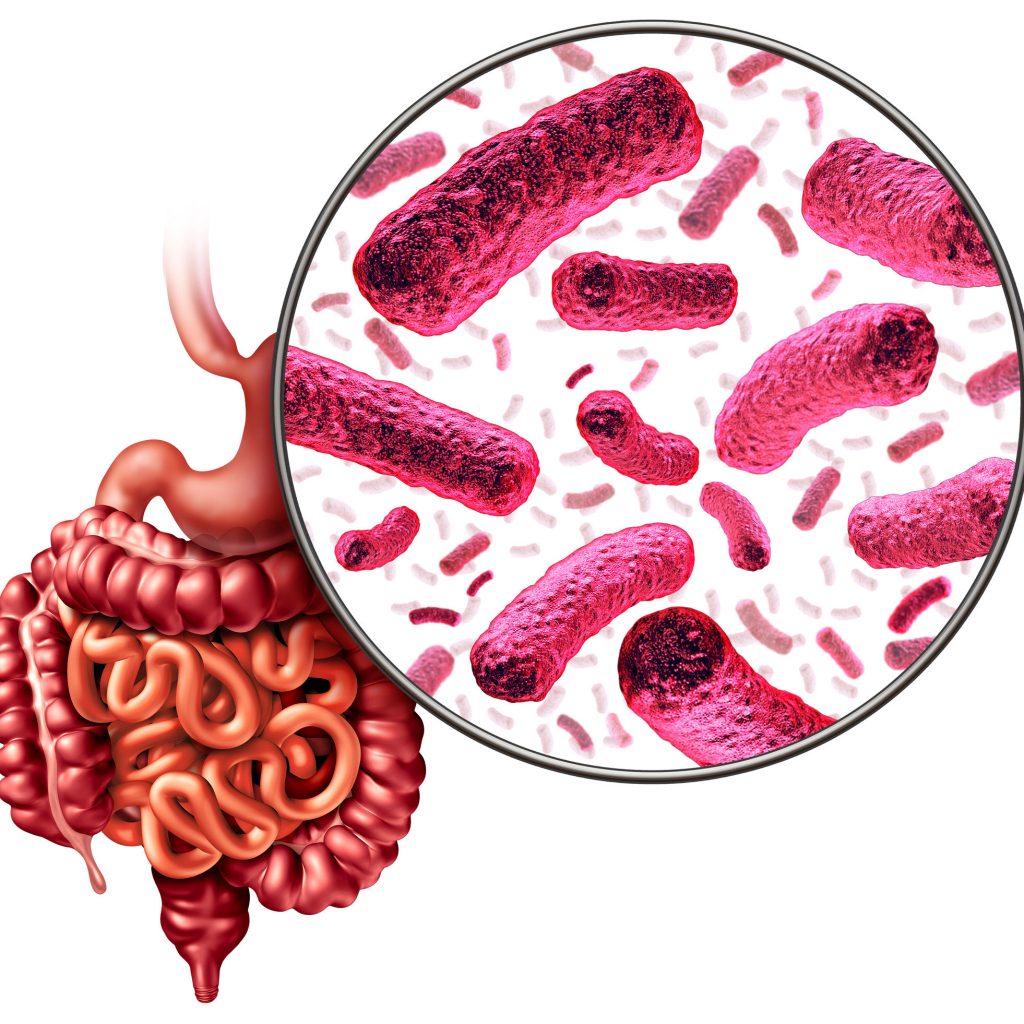Back to Basics
Dr Nicola Dehlinger, ND As we approach the new year, resolutions are typically on everyone’s minds. Especially after a particularly challenging 2020, we are looking for ways to ensure that 2021 will be different. The clean slate of a new year is often a springboard to create new goals and inspire change. My invitation to […]










